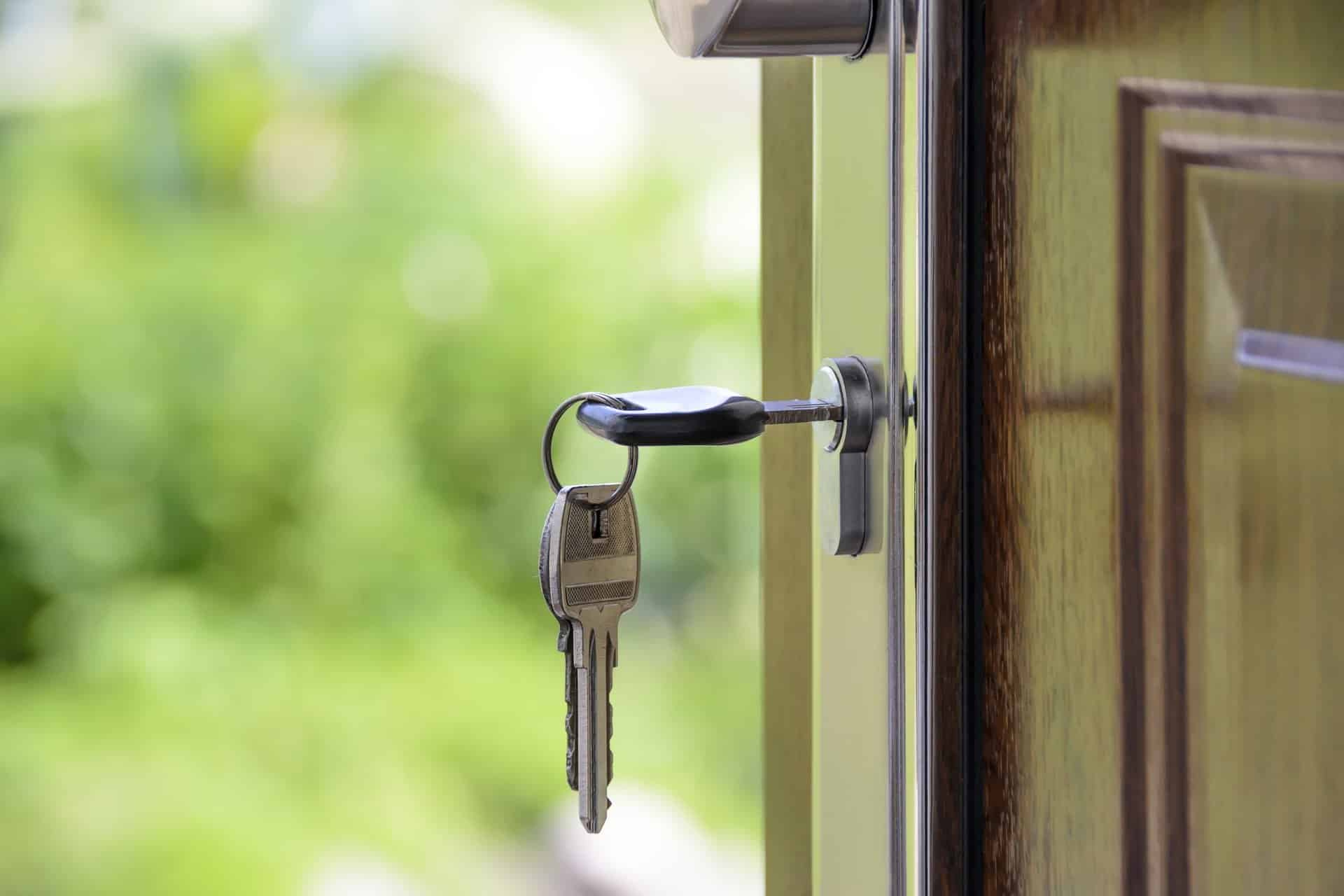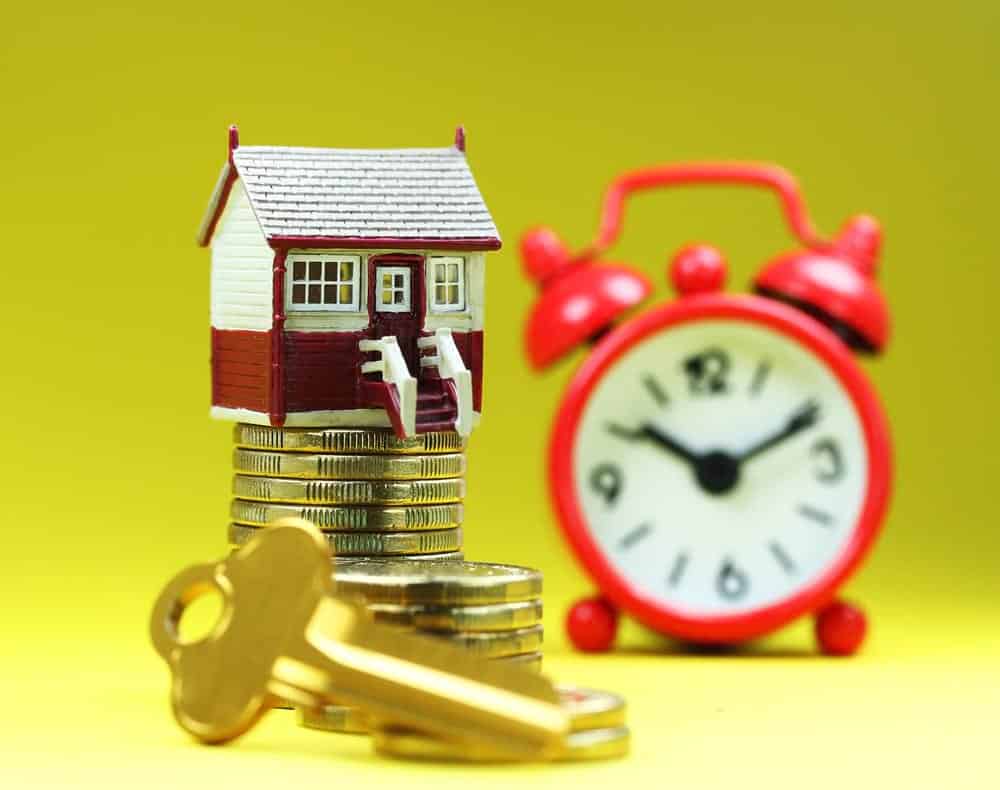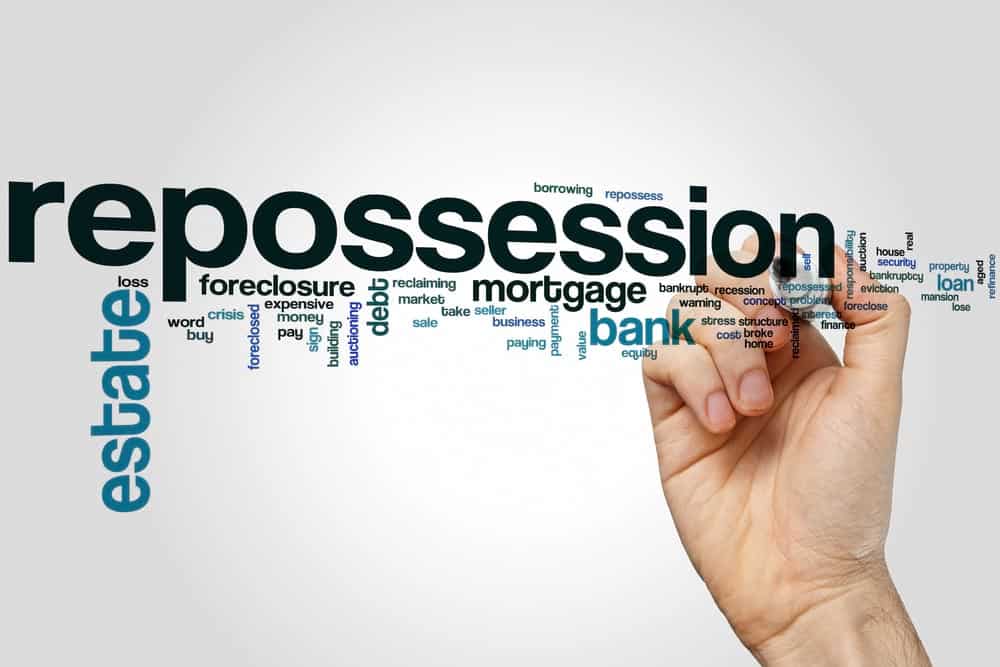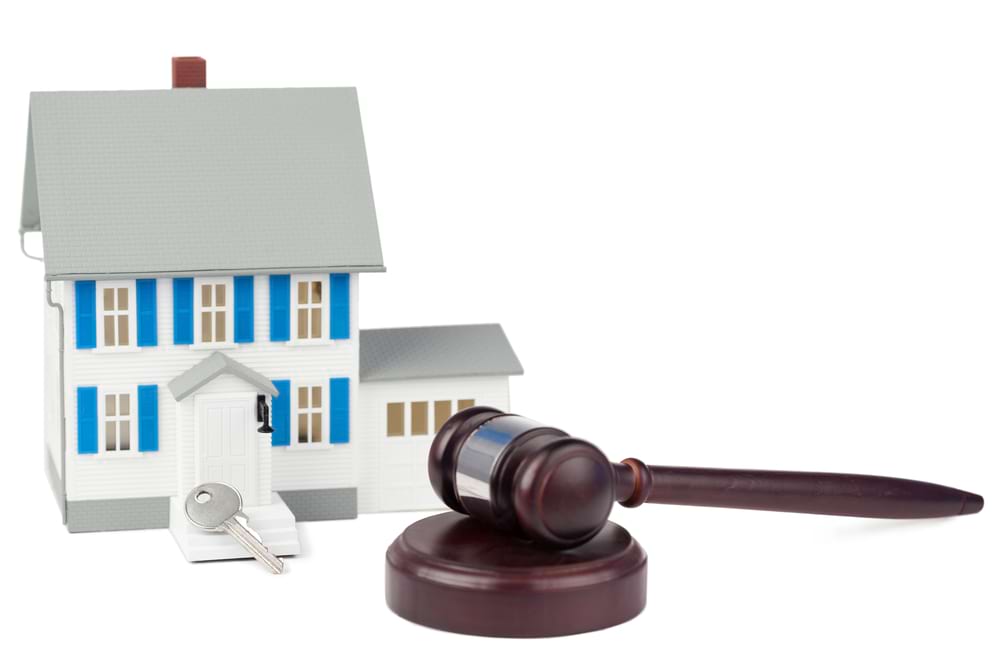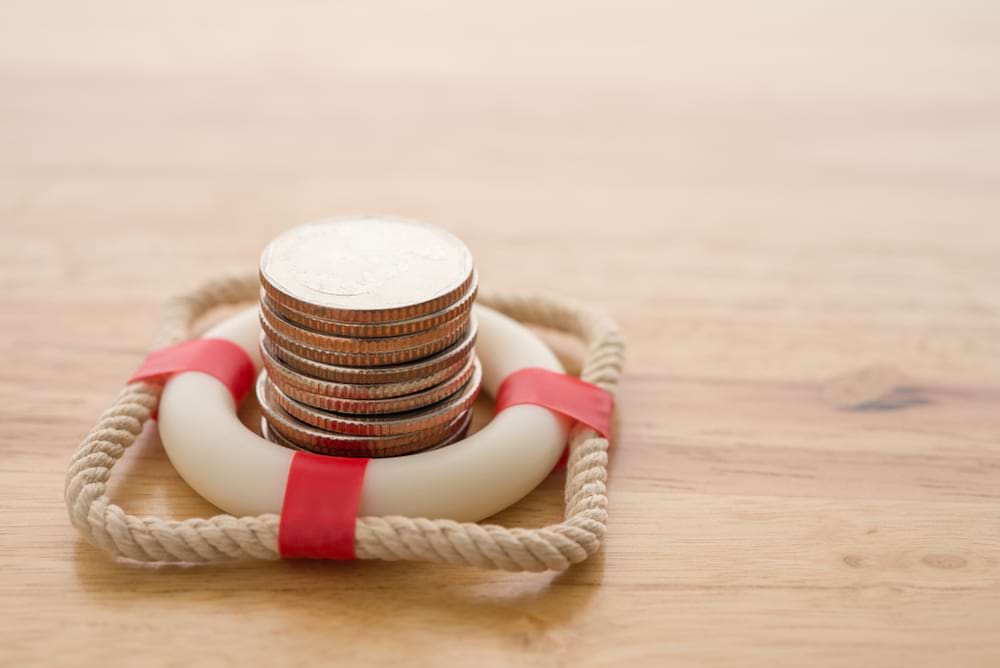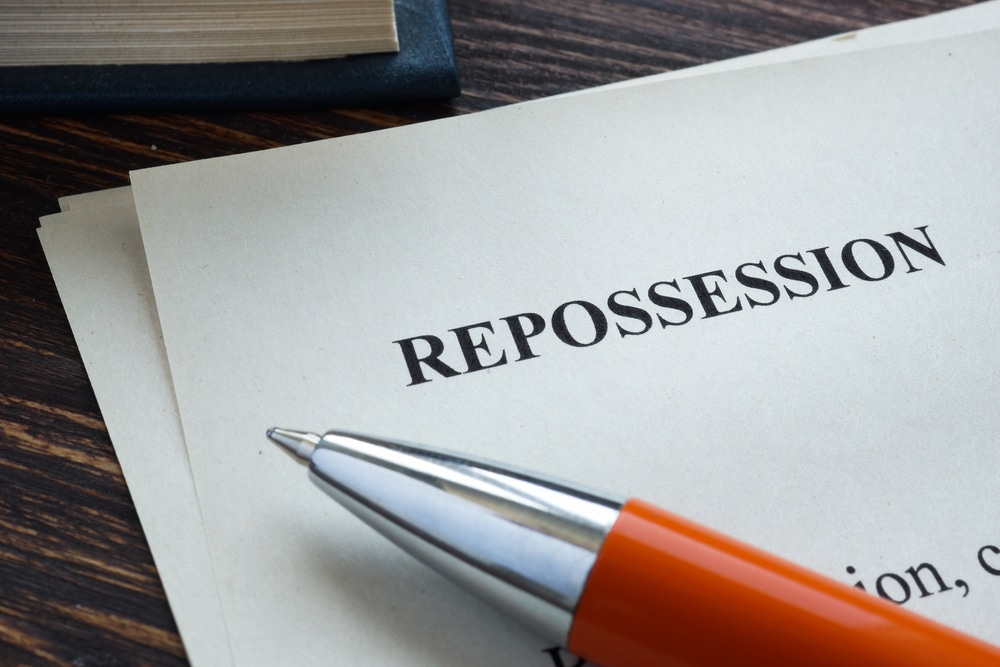Remortgaging your home to pay off debts may seem like an attractive option.
After all, it could reduce the monthly repayments you are making.
But it is not always as cost effective as it might at first appear.
And and there are several pitfalls you should be aware of.
Read on to learn more.
What is remortgaging?
Remortgaging is essentially when you move from one mortgage deal to another.
Most people will do this when they come to the end of the discounted period of their current mortgage.
After this, they are free to look for another deal without paying an early repayment charge.
Remortgaging also gives you an opportunity to increase the amount you’re borrowing.
This frees up funds for a large expenditure that can add value to your house, such as an extension.
Remortgaging to pay off debt means using funds to pay the people you whilst shifting the debt on to your property.
Is remortgaging to pay off debt right for you?
Increasing your mortgage can bring you short term relief from your debts.
But it may also store up problems in the long run, because you will have to repay that money at some point.
When you are considering remortgaging to pay off debt you need to carefully weigh up how cost effective it truly is.
The cost of debt is hugely impacted by the length of time you take to pay it off and mortgage terms are usually around 25 years.
This makes borrowing the high amounts needed to buy a home affordable. But it can make smaller debts much more expensive than they need to be.
Example or remortgaging to pay off debt
If you have a personal loan of £20,000 which you are paying off at an interest rate of 10% over five years the total cost will be £25,242.
However, if you add it to a 25-year mortgage at a rate of 3% you will eventually pay back £28,326.
Even if your monthly repayments will be far lower, it is better to try and find other ways to pay off your debts before committing to a bigger mortgage. This can include:
- Working with a debt management company to design a budget that frees up money to pay down your debt. Or, if necessary, negotiate a debt management plan with your creditors
- Shifting credit or store card debt to take advantage of the low introductory rates many balance transfer credit cards offer.
Pitfalls to look out for when remortgaging for debt
Mortgage providers
Lenders usually want to know why you are increasing your mortgage.
If you are using the money to pay off debt it may make them think twice about offering you more.
Early repayment charges
If you need to leave your mortgage deal during the initial discounted period you are likely to have to pay early repayment charges which can amount to thousands of pounds.
Repossession
The extra money you borrow will be secured against your home, which means if you fall behind on your repayments your property may be repossessed.
Negative equity
If you borrow too much and house prices drop, you might find yourself in negative equity. That’s when your mortgage is larger than the value of your home, which makes it very difficult to move.
Three ways to increase your mortgage
1. Release equity
Moving your mortgage between providers and increasing it as you do, is one way to release equity in your home.
If you are outside your initial mortgage deal this will give you access to the cheapest interest rates for the entire amount you borrow.
2. Get an advance
Alternatively, you can stick with your current provider and ask them to give you a further advance if you are still within the initial deal period.
This is money they lend on top of your mortgage, which is secured against your home.
The interest rate will probably be a little higher on this amount, but it is often a more cost effective option than paying an early repayment charge.
3. Second-charge mortgage
Finally, you can take out a second-charge mortgage.
This is a loan available to homeowners which is secured against your property.
Even if the loan is a small proportion of the value of your home, the lender can force you to sell it if you fail to make your repayments.
Working with us
Juggling debts is stressful and they can quickly spiral out of control. That’s why selling your home and clearing what you owe is an option worth considering.
If you want to sell quickly, we can help. We can buy your property in just seven days if necessary.
Our aim is to make the transaction as cost-effective and hassle-free for you as possible, that’s why we don’t involve estate agents and cover all solicitor fees.
Once we’ve agreed a completion date, we won’t go back on it. That means you know exactly when you’ll have funds in your account and can start planning your next step with certainty.
